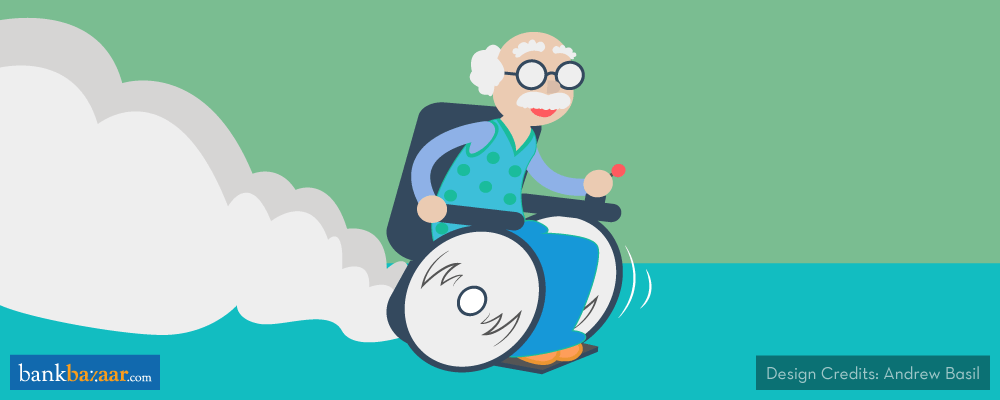
India is fast moving towards becoming a less cash-dependent society. There are now penalties on cash transactions beyond a certain limit. During hospitalisation, it can be very easy to shoot past these limits, which is why it is extremely important to have the benefit of cashless Health Insurance.
Availing hospitalisation without worrying about paying cash, even in emergency situations, makes cashless insurance a must-have financial tool. Today, most insurance companies offer cashless insurance facilities. However, it is important for policyholders to understand the terms and conditions of cashless covers.
Here are a few things you should keep in mind to ensure smooth sailing through your hospitalisation.
When Do You Need Cashless Hospitalisation?
Cashless insurance is available for both planned hospitalisation in consultation with the doctor treating the policyholder, as well as during a medical emergency. It is important to note that the hospital must be on the insurer’s empanelled list of networked hospitals, and the treatment should be as per the conditions of exclusions and waiting periods, which all policies impose.
Here’s how these two situations play out:
Planned hospitalisation: For planned hospital treatment the policyholder is required to submit a pre-authorisation form in consultation with the associated doctor. The third party administrator (TPA) processes the form and will either accept or reject the request.
The TPA and insurance company check if the treatment and disease are covered under the policy along with the sum assured etc. If approved, the claim is settled by the insurance company directly with the hospital at the time of discharge.
Medical emergency: For a medical emergency the process is the same as planned hospitalisation. The only difference is that the insurance desk at the hospital fast-tracks the filing of the pre-authorisation form and its subsequent approval.
Why Your Claim Could Be Denied
Cashless hospitalisation isn’t a guaranteed service. You have to meet the terms and conditions of the policy to avail it.
Here are some reasons why this service could be denied to you:
Opting for an out-of-network hospital: Sometimes, during a medical emergency, it may not always be possible to get admitted to a networked hospital. Cashless insurance is not applicable in such an eventuality and you will need to file for reimbursement with the insurer after settling the bills out of your own pocket.
Insufficient/incorrect information on pre-authorisation form: Cashless insurance claims can be rejected due to discrepancies, errors or lack of information in the submitted pre-authorisation form. Resubmitting the correct documents with all necessary details should be done within the specified timeframe to be reconsidered.
Hospitalisation due to pre-existing disease in initial years: Pre-existing diseases are covered after a waiting period. If you seek treatment for pre-existing diseases during the waiting period, you will face rejection.
Treatments not covered by the policy: Medical procedures such as cosmetic surgeries, for example, are not covered by most insurance policies. You must make a note of policy exclusions in order to avoid last-minute surprises.
Superfluous expenditure: If a hospital performs a superfluous medical procedure, its cashless claim could be questioned by the insurer. Not all hospitalisation costs will be covered by your insurer. For example, non-medical expenses are typically not covered.
Cashless, But Some Cash Needed
A cashless claim is usually divided into two stages. One is the pre-authorisation stage, which is an interim approval and a final acceptance by the insurer.
The second stage of authorisation happens during discharge. The insurer scrutinises the final bills and may take time approving them. Any changes in diagnosis during the treatment, or a higher hospital bill than the pre-approved amount, are both common causes for delays at discharge.
If faced with such a situation, you as a policyholder can pay the difference by cash. This amount, if significant, can be claimed from the insurer at a later stage.
What To Do After Claim Rejection
Cashless insurance offers immense value to a policyholder. However, rejections of cashless claims, or unavailability of cashless treatment, can happen. But, this should not dishearten you. After all, it’s just a claim that has been rejected, and not the insurance cover itself.
If you are denied cashless treatment, you will be required to pay hospital dues from your pocket, which you can claim as a reimbursement later. You must file the duly-completed reimbursement form along with detailed hospital documents like bills, discharge summary and investigations reports to support your claim.
Cashless insurance keeps your bank balance safe during a medical emergency. Just make sure you take the time to fully understand your policy details to ensure complete peace of mind.